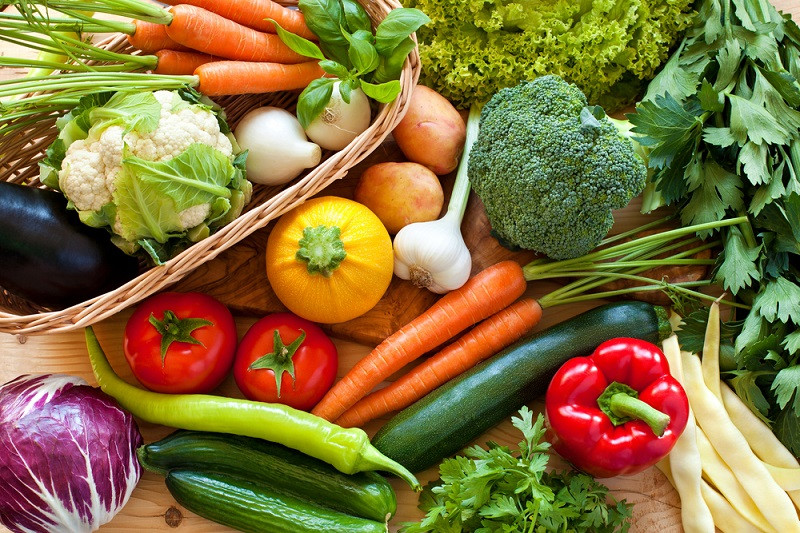Popular Reads
Top Results
Can't find what you're looking for?
View all search resultsPopular Reads
Top Results
Can't find what you're looking for?
View all search resultsShould we all be washing our fruits and vegetables with soap?
There is not yet any evidence that food or food packaging can harbor the virus long enough to infect the human body, while washing fresh produce with soap may cause severe stomach ache.
Change text size
Gift Premium Articles
to Anyone
Paranoia over other people’s dirty hands has grown over the past few weeks amid the alarming spread of COVID-19.
It is widely known that the highly contagious virus could infect you if you touch contaminated objects and then touch your mouth, nose or eyes. This makes people wash their hands and clean up more than usual, which is a good habit with or without pandemics going around.
The coronavirus is known to be protected with a layer of lipid that can be broken down with soap, which makes washing hands and objects we touch with soap and water a highly recommended practice to combat the virus.
However, there is confusion as to whether or not we should wash fresh produce with soap and water. There is no guarantee that, by the time the fruits and vegetables have made their journey from the farmer to your table, no one has sneezed over them or touched them with virus-ridden hands.
Read also: How to do online grocery shopping in a time of coronavirus
Benjamin Chapman, a food safety specialist at North Carolina State University told Live Science that washing fresh produce with soap might instead cause perilous stomach ache.
“Drinking dish soap or eating it can lead to nausea and [an] upset stomach. It's not a compound that our stomach is really built to deal with,” he said.
According to Chapman, there is not yet any evidence that food or food packaging can harbor the virus long enough to cause infections.
SARS-cov-2, the virus that causes COVID-19, can only survive for a limited time outside a human body. According to a recent study published by the New England Journal of Medicine, the virus can stay on cardboard for 24 hours and on plastic and stainless steel for 72 hours. The virus also becomes weaker the more time it sits outside the human body, so that if you touch a contaminated surface hours after someone sneezes on it, there is a possibility that the virus is already too weak to make you sick.
Chapman said that fruits and veggies should be washed only with running, clean water. “That may remove 90 to 99 percent of [any contamination],” he said.
What is more important is to always wash your hands before preparing and eating your meal, as well as cooking and serving your food with clean cooking utensils, dishes and cutlery. (gis/kes)











